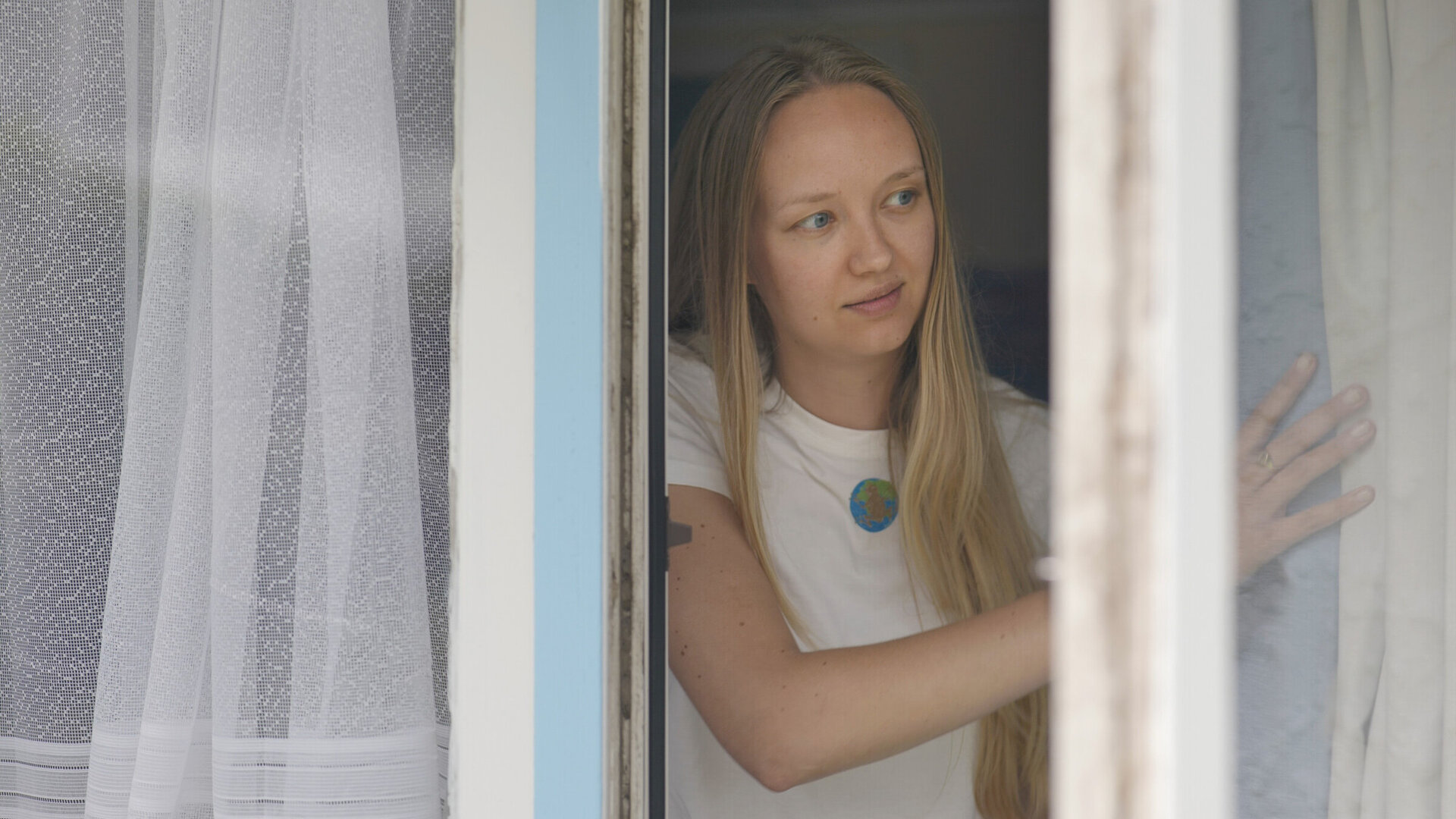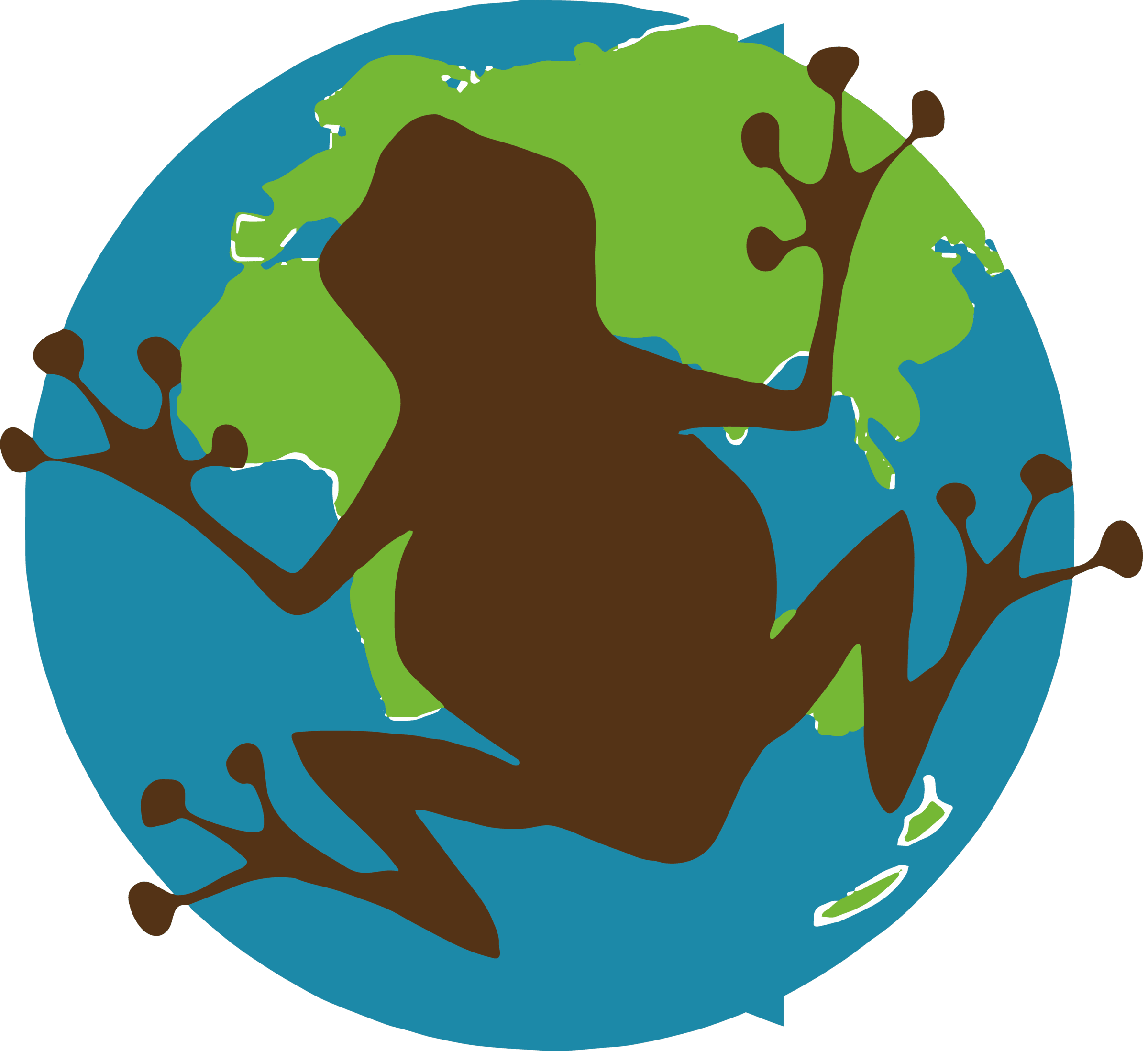YOUNG WHĀNAU IN HEALTHY HOMES
Sustainability Options, alongside Tauranga Community Housing Trust (TCHT) carry out the Healthy Homes Initiative in the Bay of Plenty and Lakes regions.
Healthy Homes Initiative
The Healthy Homes Initiative (HHI) is a nationwide proven health prevention initiative with the aim to increase the number of children living in warm, dry, and healthy homes.
Our goal is for all whānau to live in a warm, dry, and healthy home. Our existing efforts have led to a decrease in hospitalisations, an increase in school attendance, and an increase in employment in adults.
Initially, we targeted low-income families with children at risk of rheumatic fever who were living in crowded households. The programme expanded in 2016 to focus more broadly on warm, dry, and healthy housing for low-income families with 0-5 year-old children and pregnant people.
Our approach is first and foremost whānau centric, we work together to empower communities to better understand how they can look after themselves and their future generations. Each region centres their mahi around the needs of their community harnessing a by community, for community approach. This on-the-ground strength, alongside national support, and resources, creates a consistent movement towards better housing conditions and healthier tamariki and whānau across Aotearoa.
Our journey is to work alongside whānau in the community to help them manage their home better, so it is drier, warmer, safer, and healthier for their tamariki. This includes, but is not limited to providing education and advice, looking at insulation, cladding, heating requirements, healthy home workshops, and advancing public policy regarding healthy housing. An aspiration of HHI is that these learnings will build capacity within the community to achieve sustainable change.
HHI: Three year outcomes evaluation
A three-year evaluation report was commissioned to gain a better understanding of the outcomes we achieve across the motu with the Healthy Homes Initiative.
Some notable outcomes identified include:
Warm, dry, and healthy homes can lead to better health and social outcomes. The HHI is making a tangible contribution to better health and social outcomes for referred whānau.
The HHI significantly reduces hospitalisations for both the referred child and the wider whānau. Our three-year evaluation that was released in 2022 found that after the HHI intervention, the number of hospitalisations per person was reduced by 19.8%. It was also proven that when people were hospitalised, these hospitalisations were shorter and less severe on average than hospitalisations prior to the HHI intervention.
The evaluation showed that the HHI is increasing school attendance. It found a small but statistically significant reduction in days off school for medical reasons, resulting in approximately 1,870 more days at school (for the whole HHI cohort).
The evaluation suggested that the HHI has a positive impact on employment, with a 4% increase in employment in adults aged 24 to 64. The HHI is also changing the means of income for many whānau from government benefits to paid employment, with a moderate reduction in the cost and number of government benefits received by whānau (approximately $200 less per whānau per year).
The HHI is making a huge difference to equity. Nearly half of the cohort are either Māori (48.7%) or Pacific (46.1%), and therefore the positive effects of this programme are concentrated within these groups, helping to improve equity in health and social outcomes.
Why is this mahi important?
Cold, damp, and crowded homes can increase the risk of respiratory issues, such as Rheumatic Fever, and other preventable health conditions. Warmer, drier, and healthier homes improve the health of tamariki across Aotearoa, this decreases hospitalisations, increases school attendance, and increases working time. We journey alongside whānau, together improving the health of their whare.

